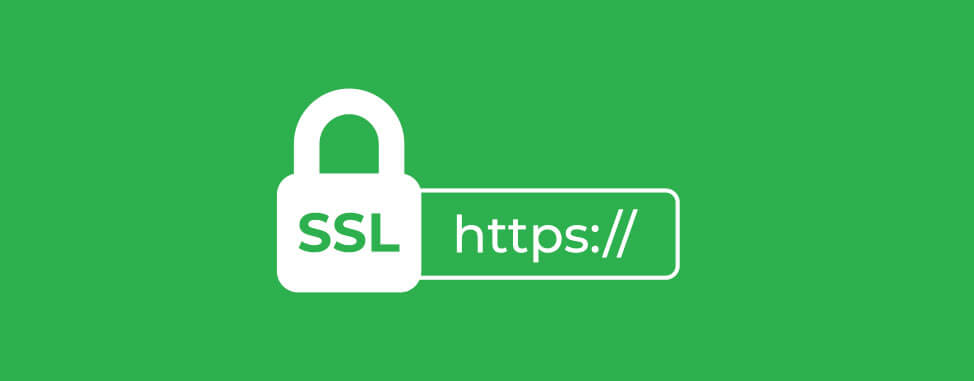Most people with websites know they need an SSL certificate, but many have trouble choosing the right one. It’s understandable when the language surrounding SSL can be a little bit confusing to newbies. If you’ve been having trouble figuring out the difference between multi-domain and Wildcard certificates by Namecheap, this blog post should help. Read on to learn more.
Table of Contents
What is an SSL and how does it work?
Before we get into that, let’s have a little primer on SSL certificates. An SSL is a digital certificate you can install on your website’s server to foster secure, encrypted links to and from your site. So anyone visiting your site can transmit data safely without any malicious actors intercepting it. Encryption works by scrambling data so it’s unreadable except for those with the correct key on either end of the connection. So having an SSL protects your users from becoming victims of things like man-in-the-middle attacks.
It’s important to note that all SSL certificates, no matter how many domains you have, will secure your site in the exact same way. So don’t worry about there being any difference in encryption strength.
The SSL types
- Single-domain certificate: This secures one website.
- Multi-domain certificate: This secures 3-100 domains.
- Wildcard certificate: This secures a primary domain and unlimited subdomains of one level linked to it. If your site is example.com, a subdomain would look like *.example.com.
That’s the easy part since anyone can count the number of domains and subdomains they have. The next part is what people find a little more confusing. Read on Tanzohub.
Once you choose your SSL based on the number of domains you have, you must choose a validation level. Validation is how the issuing Certificate Authorities authenticate the person or company requesting an SSL certificate. This can range from very basic admin email validation to cross-checking government records and calling the company premises. You can choose whatever validation you think you need, but general consensus is that the more you expect customers to interact with your site, the higher the validation you should choose. Here are the three validation levels from lowest to highest.
- Domain validation (DV)
- Organization validation (OV)
- Extended validation (EV)
For example, if you have a simple static informational website, you might go for a single-domain DV SSL. Whereas if you are a large company with multiple e-commerce sites, you’d probably get a multi-domain OV SSL certificate.
Conclusion
Hopefully this blog was helpful and you can now choose the best SSL for your life, thus helping to make the web a safer place to be.

